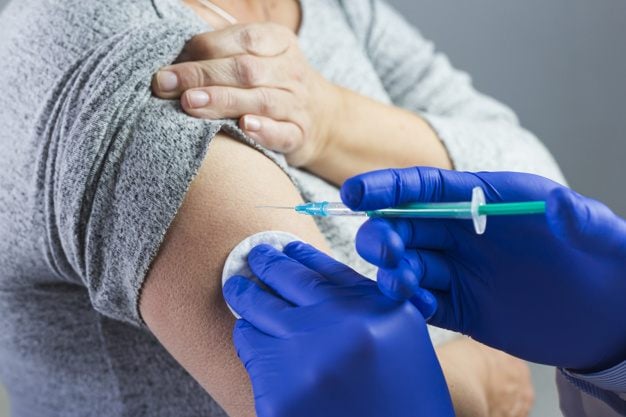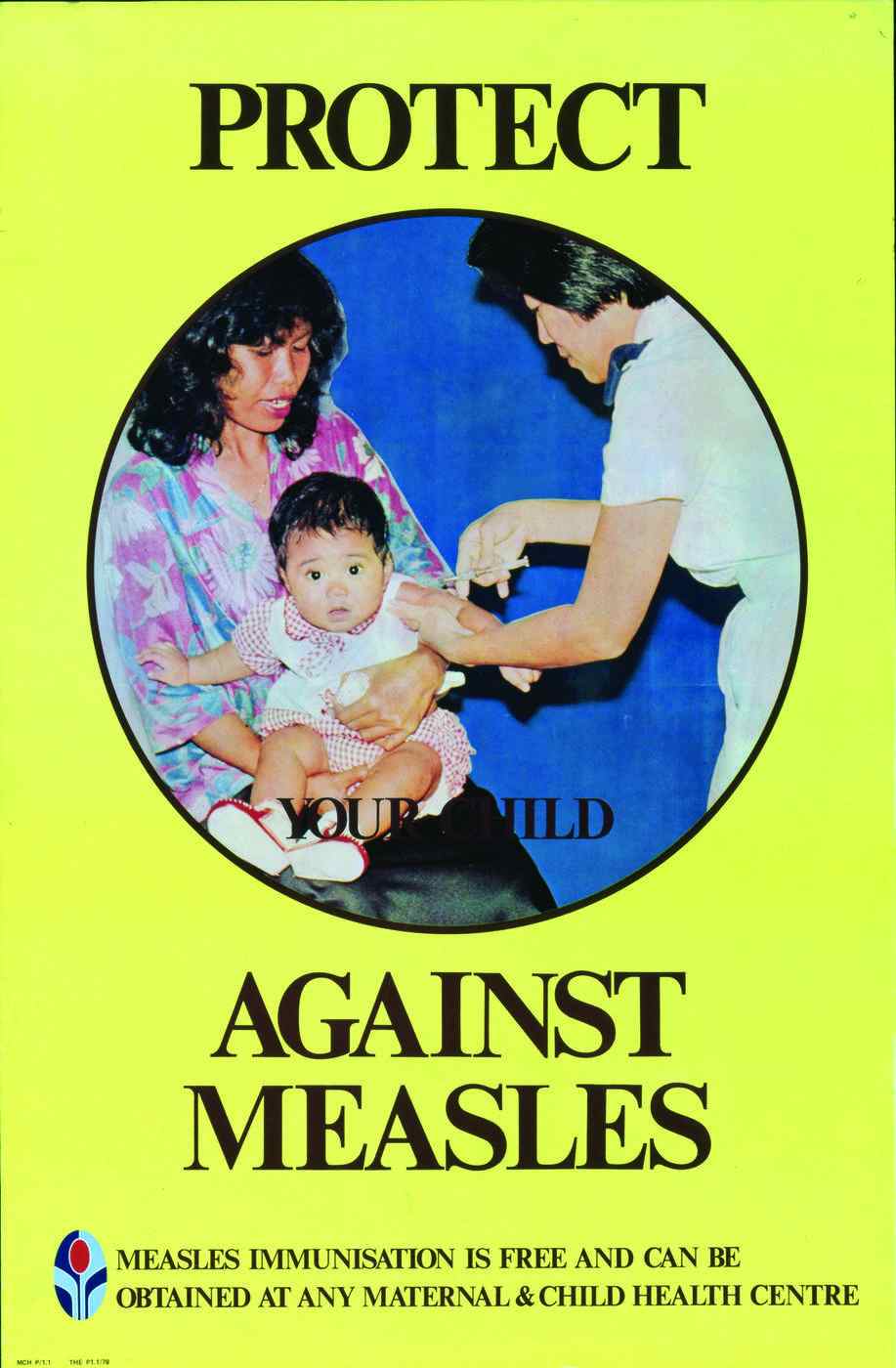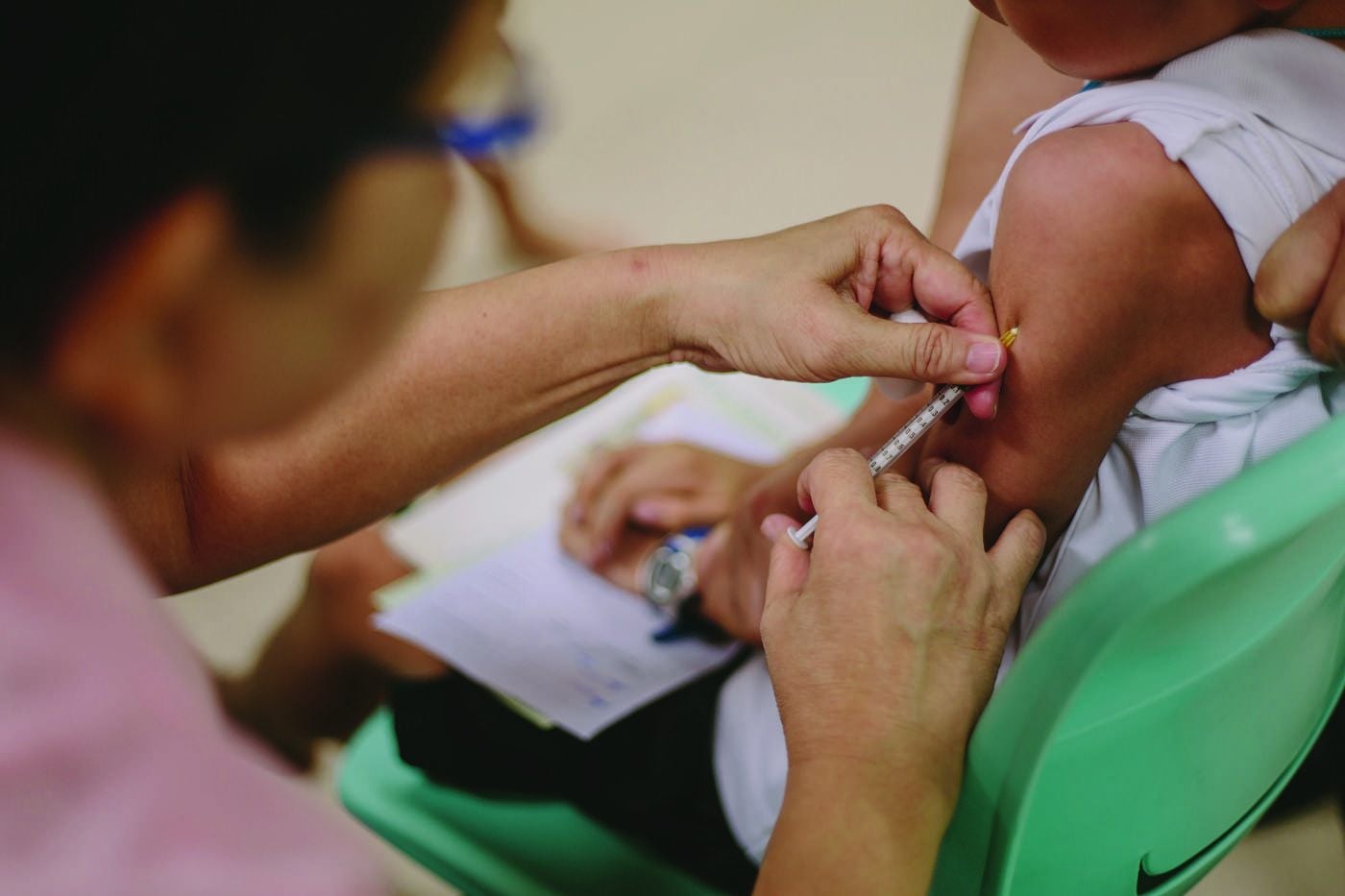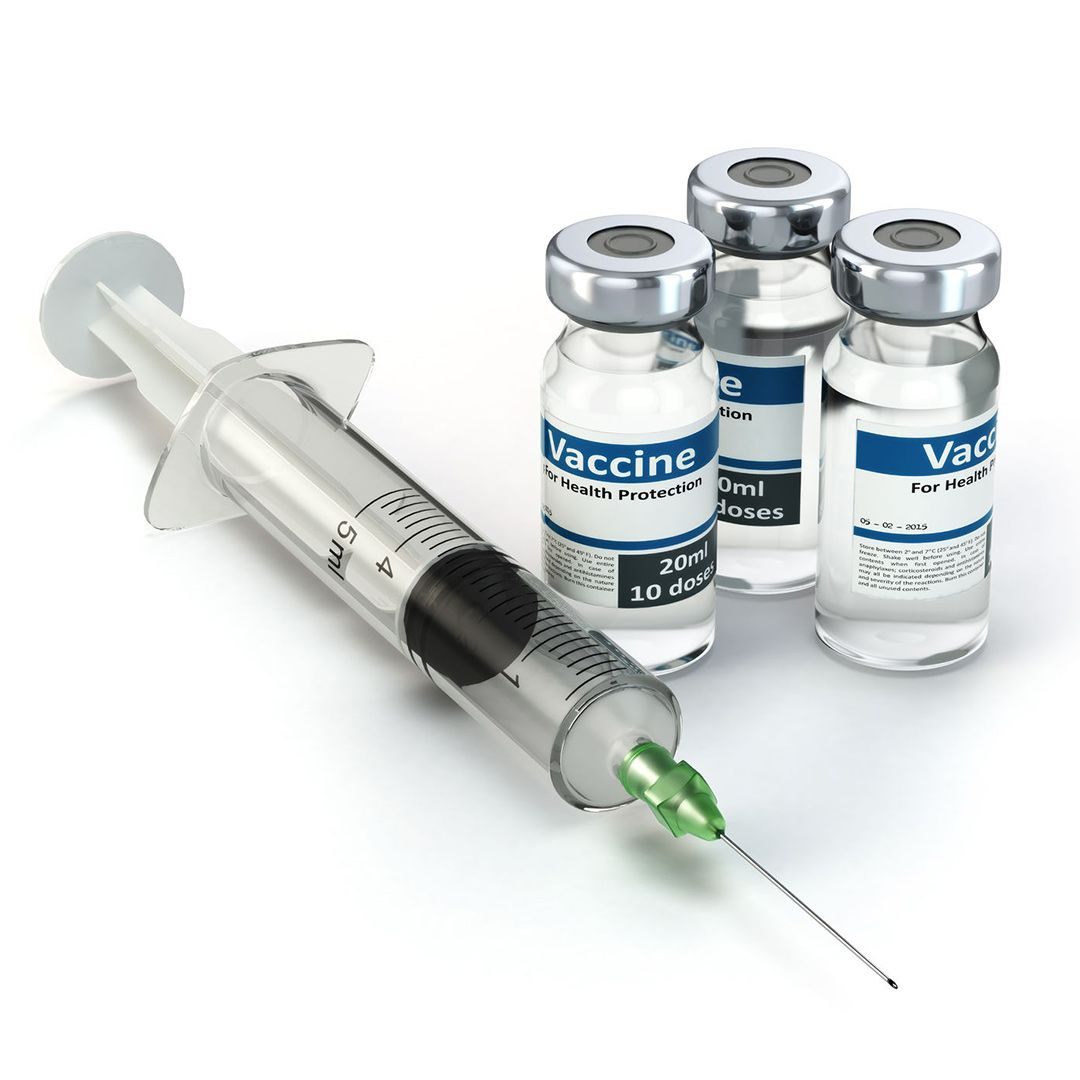Singaporeans Advised To Consult Doctors As Vaccines Can Expire After Years, According To CGH
Any student in Singapore would have had this experience at least once in their lives — getting vaccinations. Lessons would be put on hold so that we could queue to get our shots.
2 vaccinations were made compulsory by the law in the 1970s. If you were a kid then, you would have been vaccinated.
However, now that it’s 2020, here’s a timely reminder for those who got their vaccines in the 70s and 80s — they might have expired already, according to CNA Lifestyle.
NCIP required young Singaporeans to get vaccines
Under the National Childhood Immunisation Programme (NCIP), most kids were vaccinated. The vaccinations for diphtheria and measles were required by law in 1977 and 1985 respectively.
Vaccines under NCIP were:
- Bacille Calmette-Guerin (BCG)
- Diphtheria, pertussis, and tetanus (DPT)
- Poliomyelitis (polio)
- Smallpox (removed in 1981)
- Measles and rubella (replaced with MMR – measles, mumps, and rubella – vaccines in 1990)
- Hepatitis B (added in 1987)
While some vaccines were taken away, there have been additions too, such as the one for human papillomavirus (HPV) infection.
This means that there might be diseases that you aren’t vaccinated against.
Some vaccines not effective anymore
Our devices need to be updated, skills need to be upgraded, and the same goes for our vaccines. If you were vaccinated in the 70s or 80s, that was at least 40 years ago.
Some vaccines still work, but some may need booster shots to help you maintain your immunity.
Singaporeans need vaccines boosters every 10 years
According to Dr Melvin Seng, a specialist from GlaxoSmithKline, vaccines for DPT usually need boosters every 10 years. However, only a small handful of people take their booster shots.
This causes the vaccines to be less effective, and its effects are showing, asserts Dr Raymond Fong, who is Chief of Infectious Diseases at Changi General Hospital.
There is an increasing number of cases of whooping cough and deaths in young infants since 1980. He says,
This is partially attributed to the waning immunity from DPT amongst adolescents and adults.
Thus, he encourages those aged between 19 and 64 years to go for the Tdap vaccination – the updated version of the DPT vaccine – if their last vaccination was at least 10 years ago.
Similarly, adults who come in close contact with infants younger than 12 months, and women of childbearing age before pregnancy.
Booster shots for polio
If you are travelling to areas with active transmission for polio, you should take booster shots for the polio vaccine too.
Vaccines for Hepatitis B, measles, mumps and rubella will immunise you for life as long as you’ve finished all the doses.
Check if you got vaccinated
You can check your vaccination status via your family doctor who has access to the National Immunisation Registry.
Since measles outbreaks are happening throughout the world, you can make that vaccine a priority, especially if you’re travelling.
Those born in the 70s and 80s may not have completed their MMR vaccinations since it was introduced in 1990 to replace 2 vaccines. Mumps was not covered before that, so getting the vaccination for that is ideal.
Stay healthy & get the necessary vaccinations
Many of us might think getting vaccinations equals guaranteed immunity for life against the relevant diseases.
We hope that this is a useful and timely reminder to go for your ‘top-up’ soon if you need it!
Featured image adapted from FreePik.












